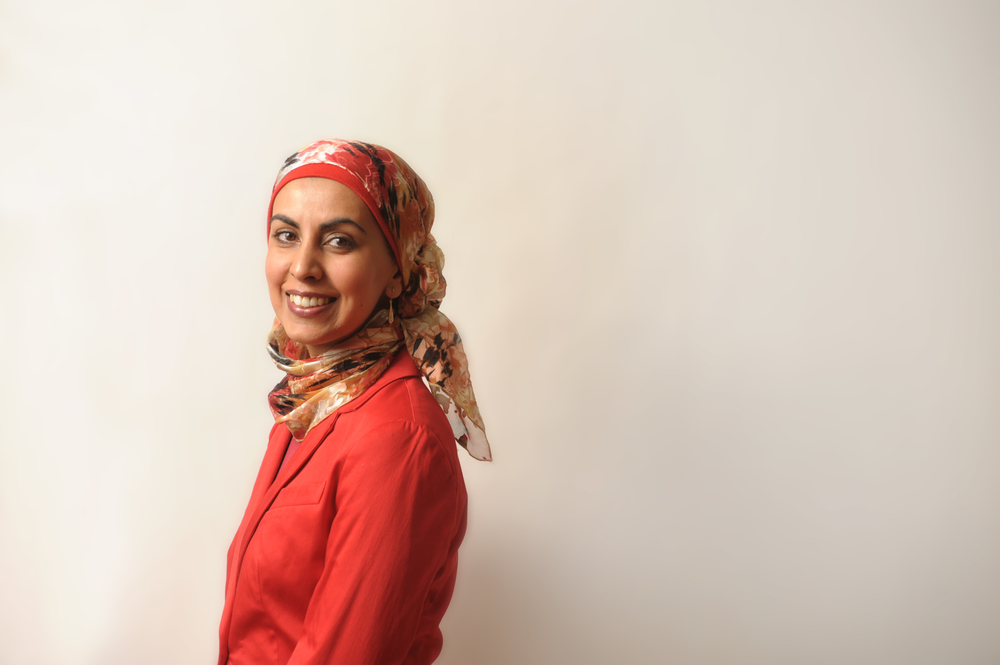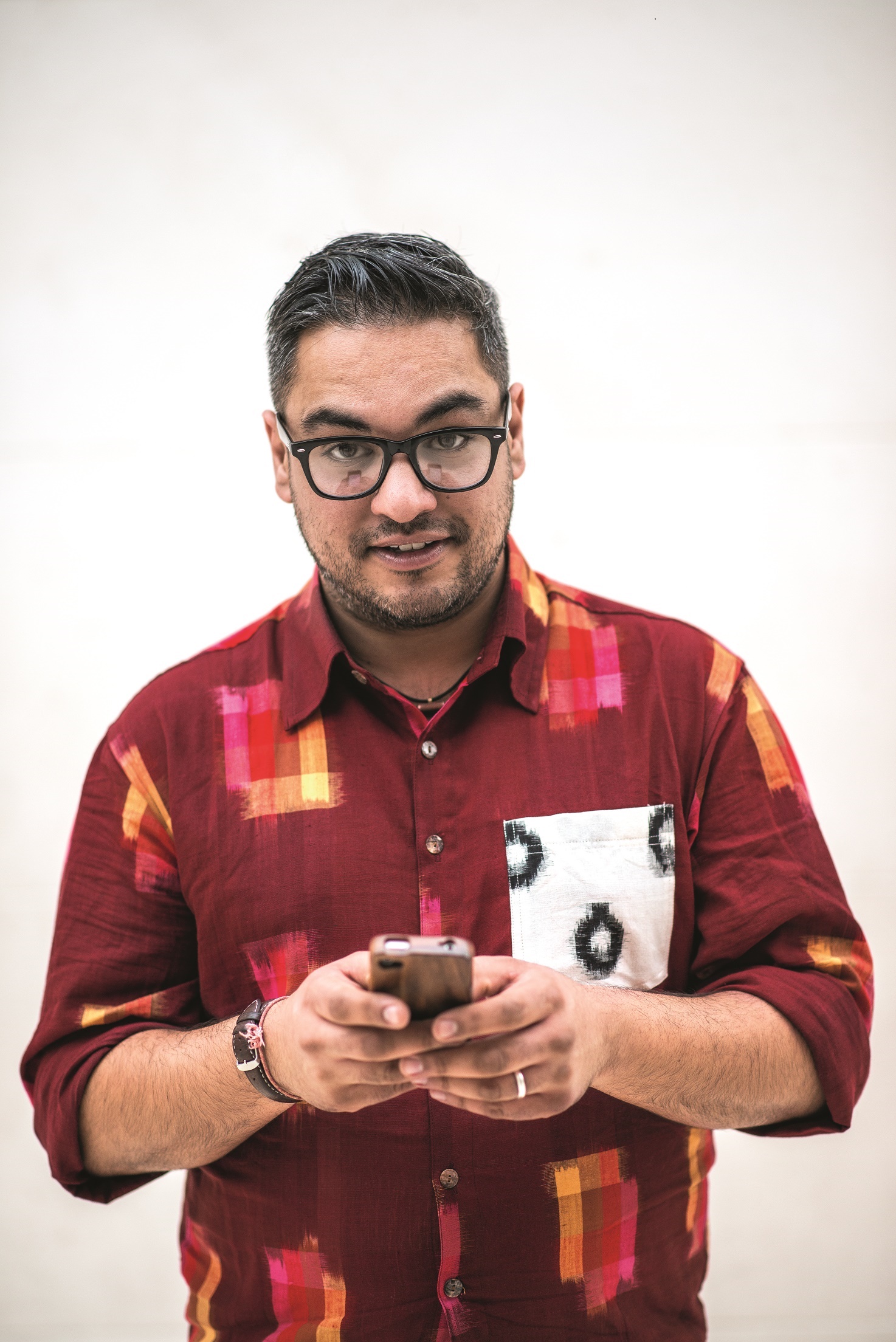Q. Could you tell me more about your writing journey…how did the idea for The road from Damascus come about? What lead you to write this story?
A. Well, I just started writing. For many years I’d failed to write because I couldn’t find a story. What I didn’t know was that the story is created in the act of writing. Or perhaps it’s pre-created, but must be uncovered through the writing. That’s what it feels like, although it doesn’t sound like a very logical explanation. In any case, the story came as I wrote, and wasn’t preplanned. Once I saw it coming, of course I took a million microdecisions about what to do with it.
Q. I found the story insightful and now feel a bit more educated about Islam itself. What was your intention when you were writing? Did you hope people to change people’s perception about a religion, which is so often misunderstood, even at times, by its own people?
A. I didn’t aim to arrive at any special level of truth about Islam in the way a missionary might, but I did hope to show that neither Islam nor Muslims in all their variety are monolithic. It is dispiriting, particularly in our present context, to hear so many reductive simplifications of what ‘Islam’ means. As your question suggests, the simplifications are made by Islamists as well as Islamophobes. And it isn’t only Islam which is being simplified. Our age tends to simplification and generalisation, which (to generalise) is bad for our capacity to think.
Q. Sami is very much a lost soul for much of his journey, but in the end he comes away a better man. Do you think its good for writers to go into the ‘black hole of the unknown’ when they are writing…or is it really better to stick to what you know?
A. A state of radical unknowing is as good for writers as for mystics. The great Sufi theologian al-Ghazali said that doubt is the only firm foundation for belief. We do our best thinking when we admit we don’t know, at least that we don’t know anything fixed and concrete. In novels, characters are interesting when they realise they don’t know, when they are forced to go beyond their previous experience, which is only another way of saying that character development is good for a novel. So, yes, going into black holes is an important part of writing, but it’s also probably best to stick to what you know. So long as you understand that you don’t really know what it is you know. If you see what I mean.
Q. I loved Muntaha’s character. She’s a very strong Muslim woman, who knows her own mind and you painted her as having almost a ‘spiritual superiority’ over the males in the book. What were your hopes for her as a character? Were you deliberately attempting to challenge the myth, which largely exists in the West, that women who wear the hijab, are usually controlled by their male relatives/fathers/brothers and have little knowledge about why they do so.
A. To an extent I think I was attempting to challenge the myth, as part of the larger process of opposing simplistic stereotypes. And also it is simply true in my personal experience that the hijab wearers choose to be hijab wearers, sometimes to the chagrin of their male relatives. I was trying to be realistic. I think Muntaha is certainly the most pleasant character in the book – perhaps the only properly likeable character – and I think she’s a very pleasant Muslim woman, comfortable with her London context because she feels comfortable to be herself and comfortably awed and grateful to God. The other characters have bigger problems with the Real. It isn’t her, but the character of Muntaha is in some ways a hommage to my wife.
Q. I would love to know more about Gabor. Was he based on anyone you’ve known, or was he a figment of your imagination? I would have liked to see a bit more of him in the novel.
A. He’s based on about six people, including me, in six completely different ways. And once he became himself I added figments to him. Maya Jaggi’s very kind review of the book in the Guardian described Gabor as “a straw man set up to embody a predatory orientalism.” That’s probably fair enough, because that is how Gabor ends up, but I hope there’s more to him than that. The man is hurt and lust-struck when he resorts to orientalist stereotype; at other times he’s very open-minded.
Q. You tackle many issues in the novel, from drugs, delusions, misguided youth and spirituality all in a multicultural London. How does this fit in with your own experiences of London?
A. I am completely innocent. Having said that, of course you use what you know and what you have personally been preoccupied with.
Q. What are your writing plans for the coming year? Will you be concentrating on promoting The road from Damascus or have you a new project in the pipeline?
A. I’m writing another novel. Something Iraq-related. It seems like I’m half way through, but you never know if it’s going to work until it works.
Robbin Yassin-Kassab was born in Britain, he graduated from Oxford University and travelled extensively. Working as a journalist in Pakistan and later as a teacher in Oman. He lives in Scotland with his wife and two children. He can be found at his blog http://www.qunfuz.blogspot.com


